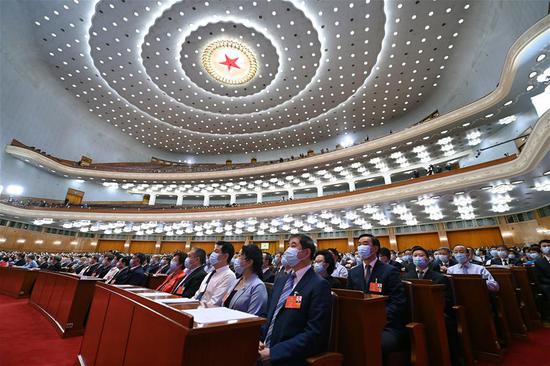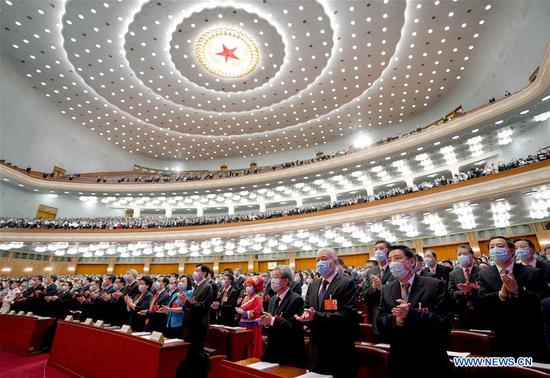Overarching framework
A civil code is an overarching legal framework governing noncriminal disputes related to property, family, personal rights and contracts, among other issues. China's version comprises the general provisions and six other sections.
In April last year, during the second reading of the draft civil code by the Standing Committee of the National People's Congress, members of the legislative body added new regulations on gene editing in humans under the section related to personality rights.
The committee reviewed the code for a third time in August.
The draft states that all medical or research activities involving human genomes and embryos must follow relevant laws and regulations, must not damage human health or transgress moral and ethical norms, or undermine public interests.
Moreover, all clinical experiments for the development of new drugs or medical equipment, along with the creation of new preventive or treatment methods, must be reviewed and approved by ethics committees and qualified authorities in accordance with the law and regulations.
All human test subjects or their guardians must be informed of the goal, application and possible risks of experiments, and they must provide written consent.
Participants should not be charged for taking part in clinical trials, it said.
Shen Chunyao, director of the NPC Standing Committee's Legislative Affairs Commission, said medical and scientific research related to human genes and embryos could present risks to health or violate ethics, so they must be strictly regulated.
Yang Lixin, a law professor at Renmin University of China in Beijing, said the new rules-added as a result of He's controversial experiment-are intended to deter opportunists and provide better protection for the health of individuals, ethnic groups and the entire nation.
"They are the bottom line that should never be crossed during research," he said. "They will also serve as the basis and guiding principles for any future legislation."
Huang Yu, deputy director of the medical genetics department at Peking University, said the lack of clear legal rules used to make it difficult to hold to account those who violated research ethics, but the situation has improved in recent years.
In January last year, the ministries of science and technology and of finance issued a joint document ordering scientists and research institutes to improve ethical oversight and regulation, and establish regulatory committees to ensure ethical practices in research activities.
Two months later, the National Health Commission proposed a draft regulation stating that scientists who conducted high-risk biological and medical research without approval would be fined and barred from future grants. Also, anyone who violated the law would be prosecuted.
"China has worked on similar regulations in the past, but the key is in the fine detail and the severity of the punishment," Huang said.
Assigning clear responsibilities and operating mechanisms for the ethical review process will also be instrumental to enhancing oversight, he added.


















































